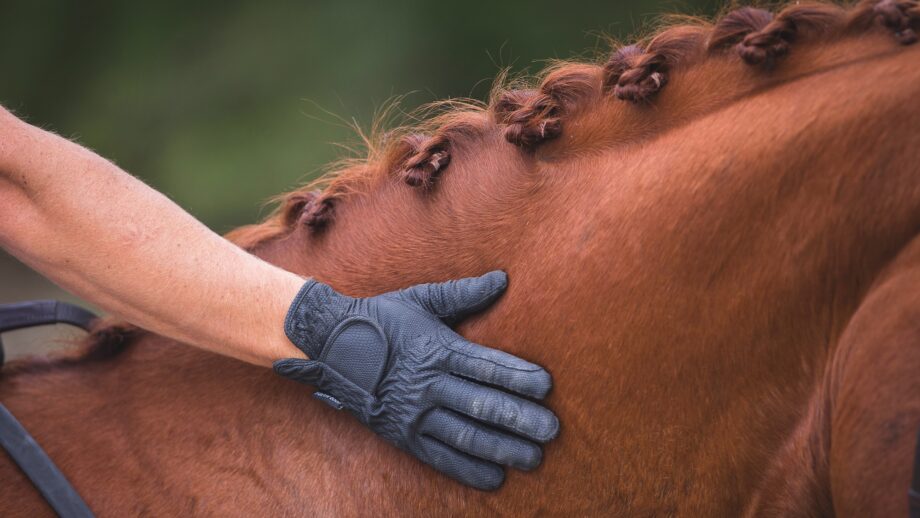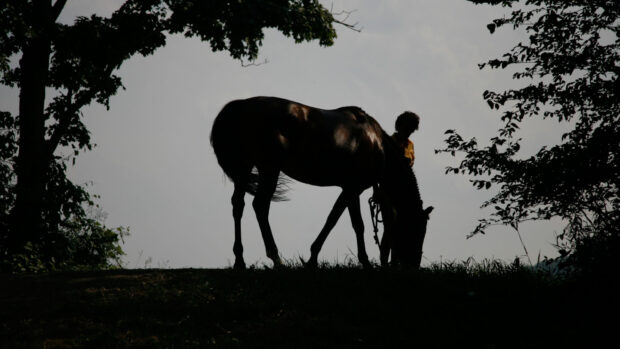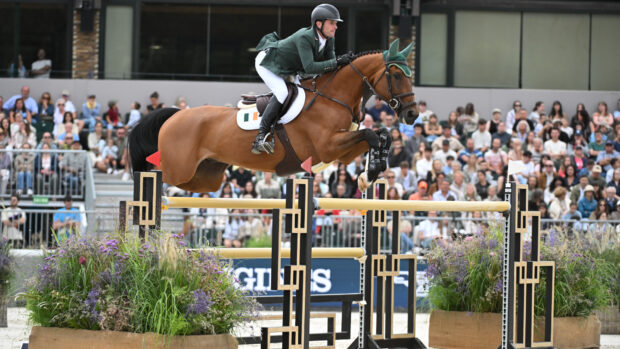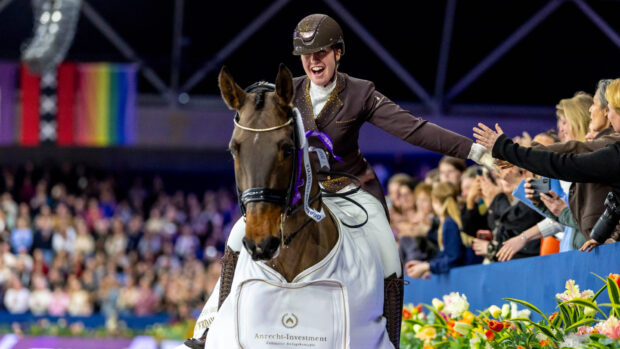A new study looks into how humans can hold conflicting thoughts about horse welfare at the same time – and how they reconcile and rationalise their actions to quieten those uncomfortable feelings.
“But my horse is well cared for” is the title quote from the study, published in Animal Welfare, an international journal of animal welfare science. It found these mental processes appear to be “a barrier to change”, and researchers hope the findings can be useful in informing human behaviour change strategies to improve horse welfare.
Researchers at the University of Lincoln took on “a qualitative exploration of cognitive dissonance and enculturation in equestrian attitudes toward performance horses and their welfare”. The dictionary definition of cognitive dissonance is “a state in which there is a difference between your experiences or behaviour and your beliefs about what is true”, and enculturation is absorbing values and behavioural patterns – in this context, the equestrian world.
They interviewed 22 equestrians in the US, Canada and the UK – the aim was not to generalise the findings, but to understand perspectives – and they found five main themes.
The first was that respondents perceived welfare issues and expressed concern for the wellbeing of horses, but also justified practices they acknowledged as harmful by employing several strategies, including reframing and trivialisation. For example, discussing the benefits of turnout and then justifying not providing it.
The second was different conceptions of what constitutes a good life for horses. Nearly all study participants identified having a job and enjoying it as an important part of a good life for a horse, but also spoke about a good life in terms of the horse being able to just be themselves as a horse.
The other themes were objectification of the horse, instrumentalisation of horse care and enculturation.
Erica Cheung, who has an interest in animal welfare and co-authored the paper with Daniel Mills and Beth Ann Ventura, told H&H: “I really wanted to look into how we help people to see things differently, and that starts with understanding what people see in the first place”.
She added that she is “not trying to tell people” what is good and bad welfare, but to encourage people to examine their own thought processes and consider what makes an animal happy and their life worth living from the animal’s perspective, rather than a human point of view.
She added that the equine industry talks about putting the horse first, “but we have to really understand what that means”.
“I think that there needs to not only be a lot of emphasis on welfare research in terms of understanding the horses, but also understanding the people,” she said. “We’re the guardians of these animals, we have to really understand ourselves in terms of why we do certain things and what’s going to help change our minds about what’s best for the horses.”
World Horse Welfare’s director of UK, vet Malcolm Morley, told H&H: “It’s encouraging that many riders in this study describe a ‘good life’ for horses in ways that echo the five domains – a healthy environment, good health and nutrition, positive emotional wellbeing, and freedom to move, socialise, and make choices that are meaningful to them.
“The harder truth is that knowing this and putting it into practice are not the same thing, and there is a significant gap. Long-standing habits, traditions and the pressures of competition can pull people away from what they believe is right for their horses. While that gap is real, we believe it’s fixable.
“We particularly agree with the study’s point that to care for an animal well you must first care about them, but almost every owner would say they care. The difference shows up in everyday choices.
“At World Horse Welfare we want to help the whole sector make that shift from ‘what’s normal’ to ‘what’s best for the horse’ – particularly focused on things like more turnout, social contact, and evidence-based horse-centred training methods.
“Horses are thinking, feeling animals and our responsibility is to see their world through their eyes and put their needs at the centre of our decisions – even when it’s inconvenient or goes against tradition. Small changes, made widely, add up to a better life for horses.”
- Ms Cheung is seeking views for further research in this area. For more information and to take part in a study, visit: https://unilincolnlifescienc.qualtrics.com/jfe/form/SV_cvS5pxbmsQUPkvY
To stay up to date with all the breaking news from major shows throughout the year, subscribe to the Horse & Hound website
You may also be interested in:

‘We’re delighted to bring loyal readers this benefit’: H&H magazine subscribers get free website access
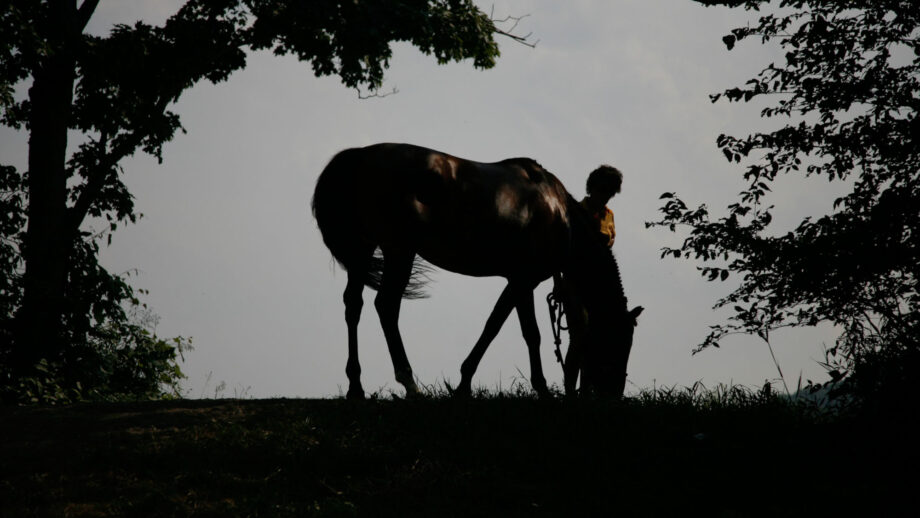
New ‘invaluable’ research to help owners understand grief in horses
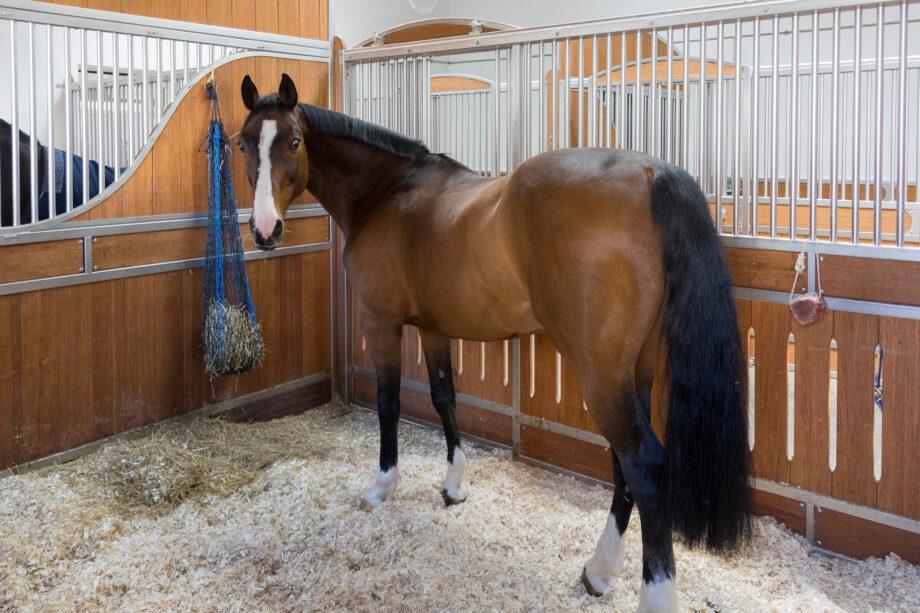
Research confirms enrichment can have a positive impact on stabled horses

